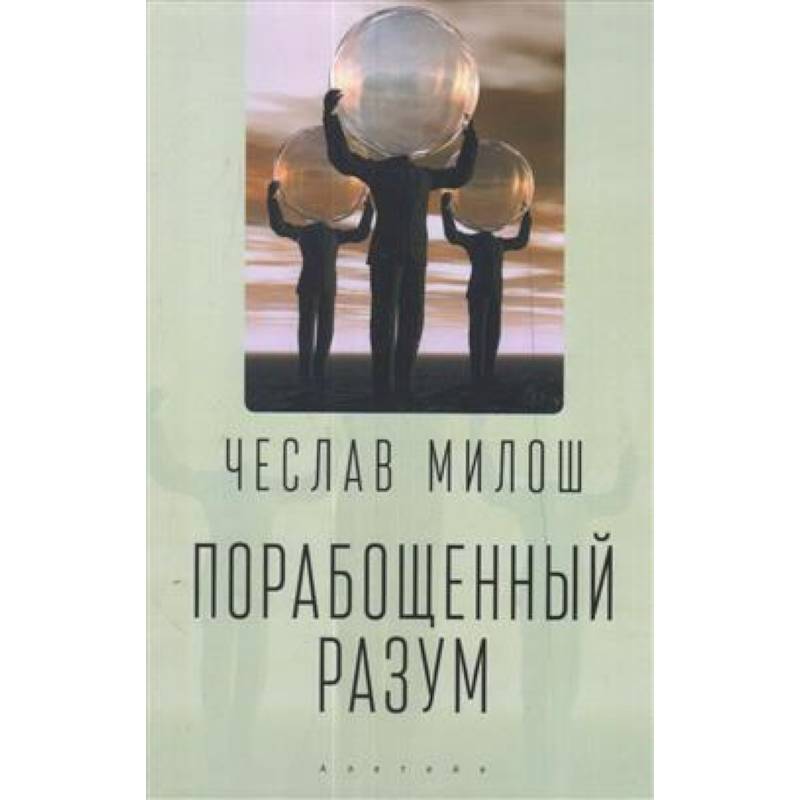Enslaved mind
Please sign in so that we can notify you about a reply
The book "enslaved mind" of the Polish poet and thinker Cheslav Milos - long before the award of Milos Nobel Prize in Literature (1980) - made his name widely known in Western countries.
Milos wrote this book in exile. In 1953, she published in Paris in Polish and French, in the same year a German edition appeared and several English -speaking (in London, in New_york, in Toronto), and soon - Italian, Swedish and others. In Poland, the book for many years was transported by smuggling, read secretly, printed in Polish Samizdat.
Having ceased to be a sensation in the West and the forbidden fruit in our East, the book has become a classic of political and philosophical journalism. The name, theme, genre and style of the book are correlated with the traditions of Swift, Montesquieu, Voltaire, with the traditions of the eighteenth century, the age of reason. Milos calls his book a treatise, more precisely, this is a treatise_pamflet. The depth of thought is combined with the brilliance of wit.
The fate of Milos is the fate of intellectuals, especially writers, in the twentieth century, the century of totalitarianism, the century of huge mental pressure on people thinking people. The book interprets this on the example of the situation of East European intellectuals subjected to pressure of totalitarian ideology.
The fate of the book, eagerly reading in subsequent years in various countries, showed that interest in this book does not weaken. Transfer, preface and comments of Vladimir Britanish, poet, prose writer, essayist, translator of Polish, American and English poetry, author of books about Polish literature
Milos wrote this book in exile. In 1953, she published in Paris in Polish and French, in the same year a German edition appeared and several English -speaking (in London, in New_york, in Toronto), and soon - Italian, Swedish and others. In Poland, the book for many years was transported by smuggling, read secretly, printed in Polish Samizdat.
Having ceased to be a sensation in the West and the forbidden fruit in our East, the book has become a classic of political and philosophical journalism. The name, theme, genre and style of the book are correlated with the traditions of Swift, Montesquieu, Voltaire, with the traditions of the eighteenth century, the age of reason. Milos calls his book a treatise, more precisely, this is a treatise_pamflet. The depth of thought is combined with the brilliance of wit.
The fate of Milos is the fate of intellectuals, especially writers, in the twentieth century, the century of totalitarianism, the century of huge mental pressure on people thinking people. The book interprets this on the example of the situation of East European intellectuals subjected to pressure of totalitarian ideology.
The fate of the book, eagerly reading in subsequent years in various countries, showed that interest in this book does not weaken. Transfer, preface and comments of Vladimir Britanish, poet, prose writer, essayist, translator of Polish, American and English poetry, author of books about Polish literature
Author:
Author:Milos Cheslav
Cover:
Cover:Hard
Category:
- Category:Biographies & Memoirs
- Category:History & Geography
- Category:Magazines & Encyclopedia
Publication language:
Publication Language:Russian
Age restrictions:
Age restrictions:16+
ISBN:
ISBN:978-5-89329-577-1
No reviews found
